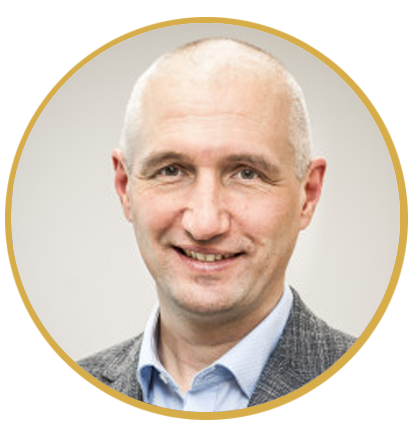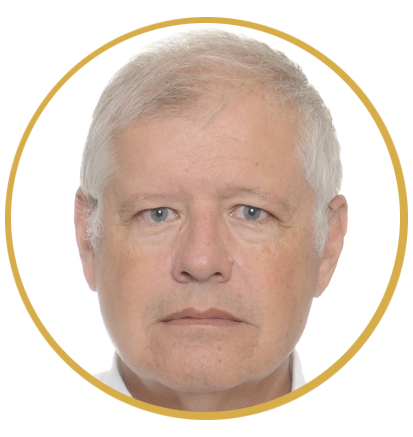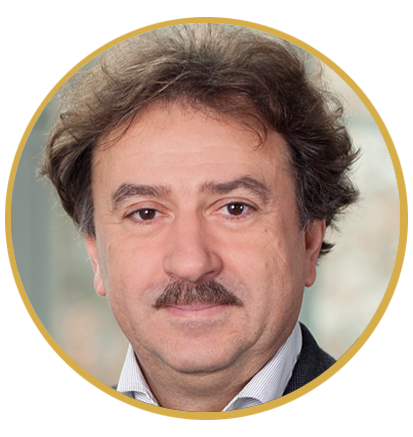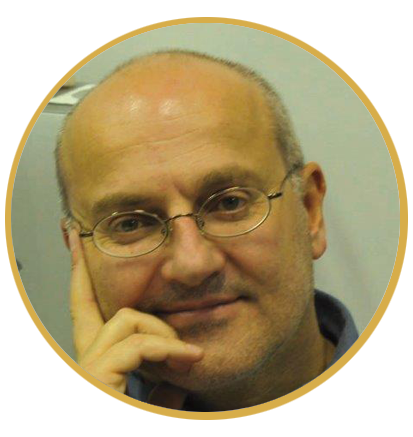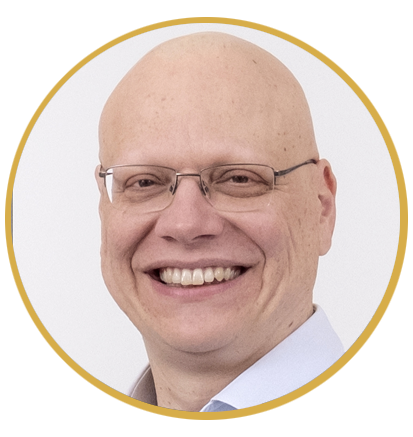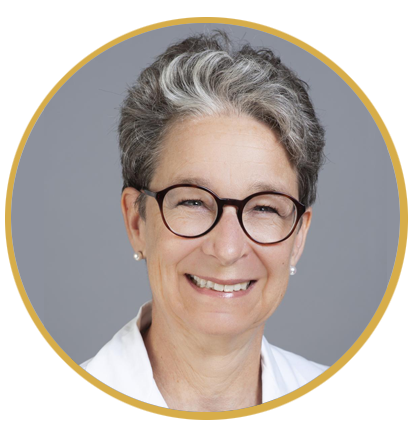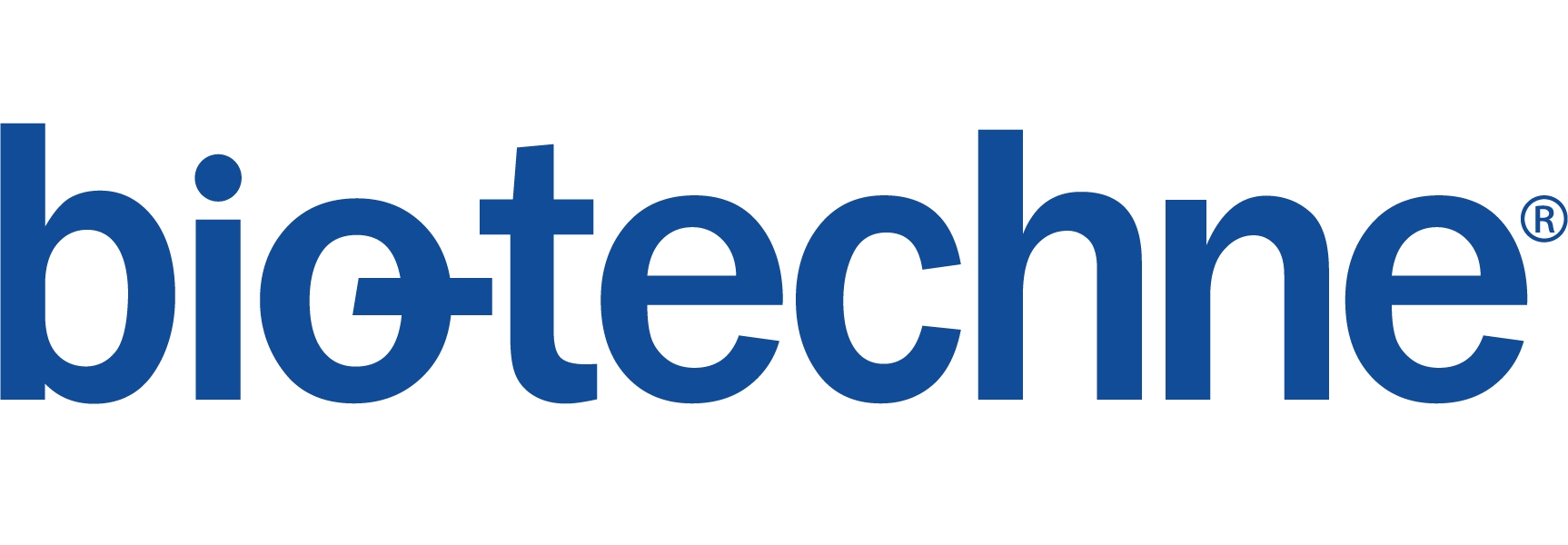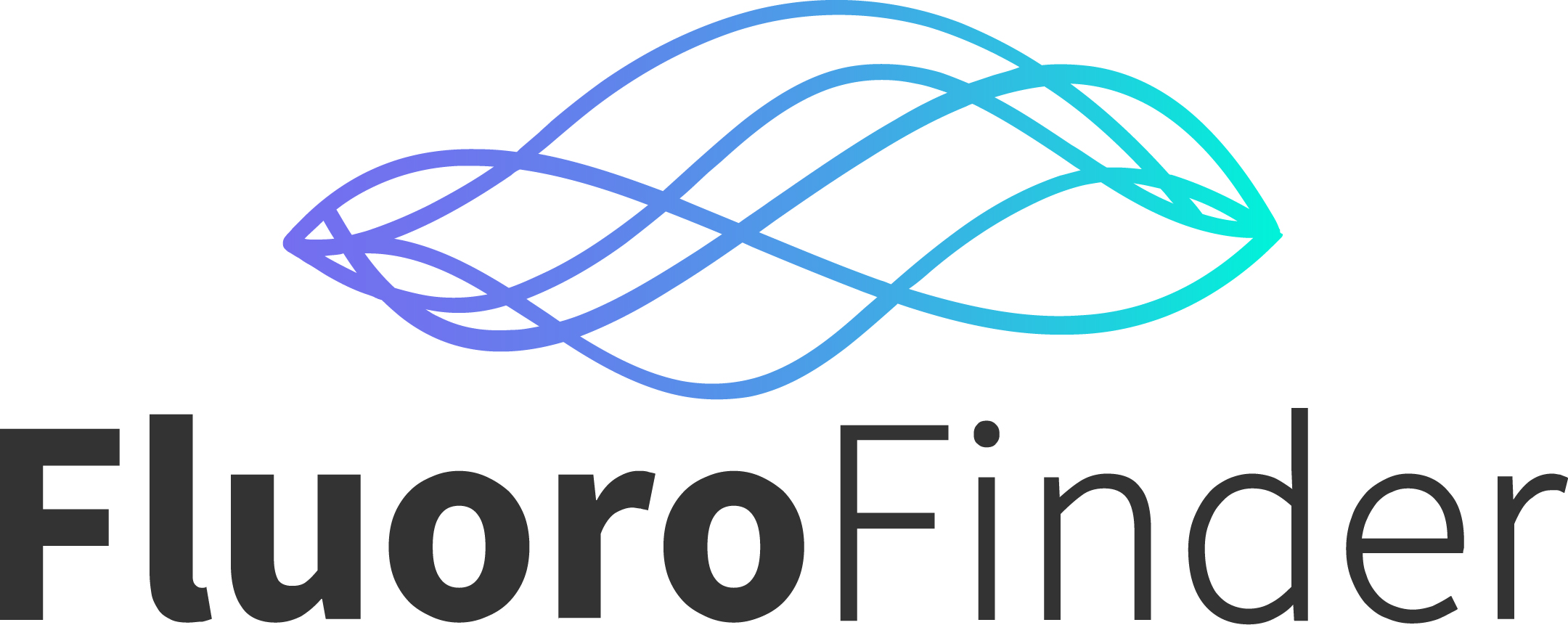Posted in About HCDM
Studies of leucocyte surface molecules have been organised through a series of international Workshops known as the Human Leucocyte Differentiation Antigens (HLDA) Workshops.
When the HLDA Workshops started, monoclonal antibodies against leucocyte markers were relatively new and large numbers of new antibodies were being produced in a number of laboratories. It was difficult to know which antibodies were against the same molecules.
The first HLDA Workshop and Conference, held in Paris in 1982, evaluated and compared many of these antibodies. The characteristic approach of the 1st and subsequent HLDA Workshops was multi-laboratory blind analysis of antibodies. This approach has provided independent validation of antibody specificity and usability, and has underpinned the confident use of these reagents in research, diagnosis and therapy.
The CD nomenclature, (groups of antibodies with a similar reaction pattern nominated as "Clusters of Differentiation", CD), and the characterised molecules CD1 to CD350, have been derived from these Workshops. CD antibodies are used widely for research, differential diagnosis, monitoring and treatment of disease.
Over the course of the HLDA Workshops, there have been several advances which have affected the mission of the HCDM:
- Whereas in the first few HLDA Workshops antibodies were used to define and characterise new molecules, new techniques mean that molecules are now generally first identified by molecular genetics or proteomics, and antibodies are made subsequently
- The focus of studies to understand immune responses has increasingly taken into condsideration the understanding that the immune system does not act in isolation and immunologists need to study and understand the cells with which immune cells interact, such as endothelial cells and stromal cells
- The realisation that, while cell surface molecules are central to the interactions between immune cells and their environment, the function of these molecules is mediated by intracellular molecules which can provide (also unique) useful markers of differentiation, activation and lineage.
- Whereas one of the important drivers of the original HLDA Workshops was the lack of a useful nomenclature for cell surface markers, the CD nomenclature now exists in the context of agreed gene nomenclature, and to some extent competes with it.
In recognition of these factors, the HCDM Council resolved to extend studies to stromal cells and other cells of interest to immunological studies, to extend studies (but not the CD nomenclature) to intracellular molecules, and to allocate CD names when there was a need for a name rather than to all cell surface molecules of the immune system.

